European Chamber in China
https://www.europeanchamber.com.cn/en/executive-committee
20 for 20: BASF Vice President Joerg Wuttke
Aaron Eagles | Feb 24, 2022 9:31 am | Add a comment | 894 reads
https://www.thebeijinger.com/blog/2022/02/23/20-20-basf-vice-president-jeorge-wuttke
China’s foreign firms desperate for shift away from ‘old toolbox’ of mass testing, isolation to combat Omicron
https://www.scmp.com/economy/china-economy/article/3173879/chinas-foreign-firms-desperate-shift-away-old-toolbox-mass
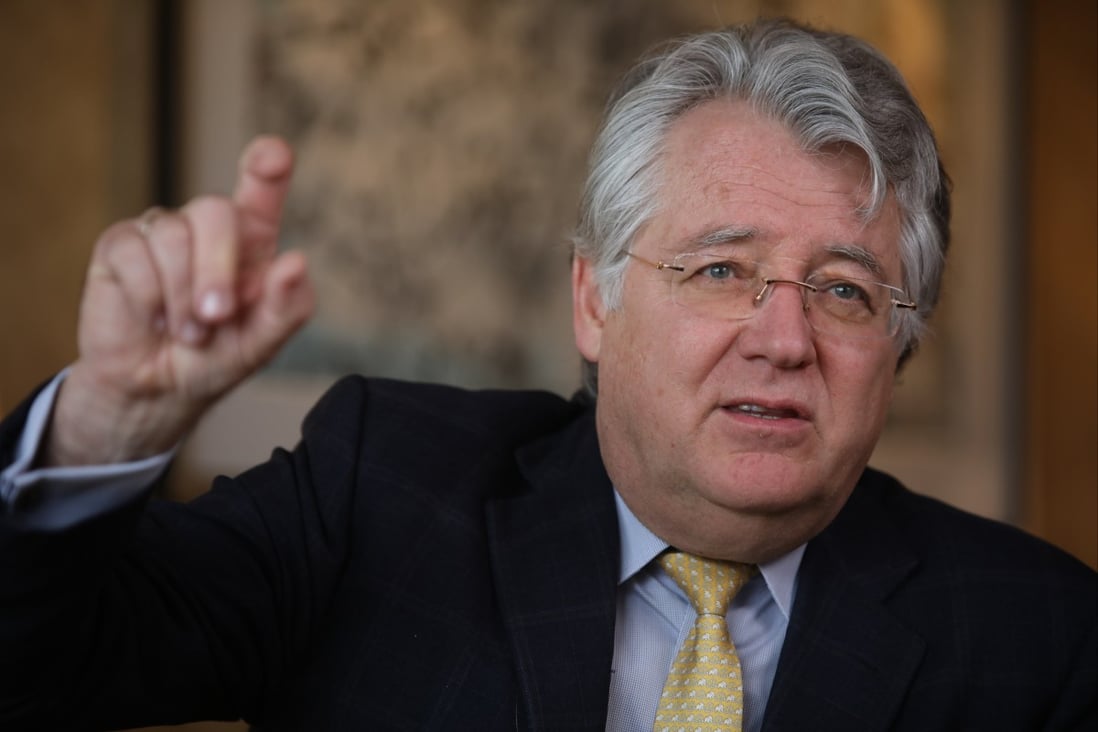
China's foreign firms desperate for shift away from ‘old toolbox’ of mass testing, isolation to combat Omicron
https://www.scmp.com/economy/china-economy/article/3173879/chinas-foreign-firms-desperate-shift-away-old-toolbox-mass
*EU Chamber of Commerce in China sends letter to Vice-Premier Hu Chunhua *and implores leadership to take a less-disruptive course of action.
Recent surveys by other foreign business groups in China have recorded similar sentiments amid a growing public outcry over zero-Covid strategy.
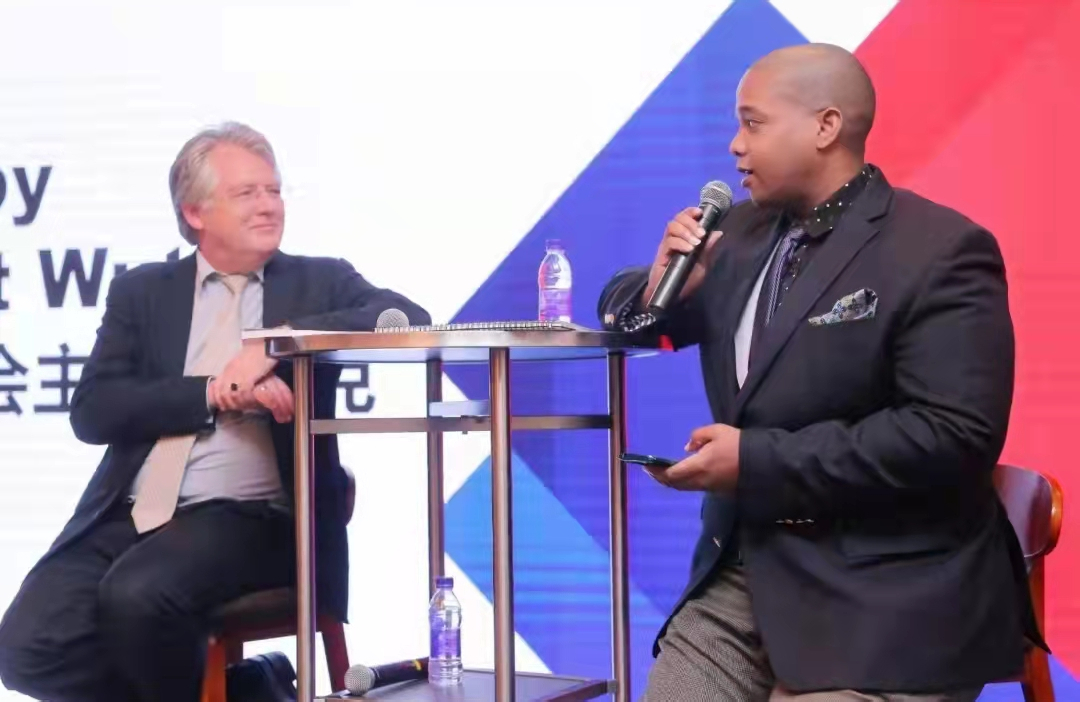
As we continue our celebration of 20 years of The Beijinger, we’re taking a closer look at some of the expats who have been here for two decades and those who have had an oversized impact during their stay.
The Beijinger may be celebrating 20 years, however, Joerg Wuttke is celebrating the 40th year since he first made his journey to the East from a small town in southwestern Germany. Wuttke is an intelligent and dignified delegate from whom I felt personally more enriched after meeting, hearing his expertise, and learning from his experiences in China and around the world.
This world-traveled Respektsperson, Autorität, and Experte (Respected Authority and Expert) is a melting-pot of wisdom, knowledge, and experience. Wuttke is the vice president and chief representative of the Beijing-based German agricultural chemical company BASF China, and his list of extracurriculars, associations, and interests add to the vast variety and breadth of this progressive gentleman.
He is not afraid to speak his mind, stand up for what’s right, and sometimes say things that are not going to make everyone smile, but he says, in his life, he is led by a moral compass. Not only is he a successful businessman, but he is also a family man who has raised three sons while living in the capital, making Beijing all the more special for him.

What brought you to Beijing, and when?
I came by train from Germany in the summer of 1982, traveling across the Soviet Union and Mongolia. I had been studying Sinology since 1980, and together with a couple of friends, we decided to get a real feel for China, instead of just sitting in dusty libraries translating books from the Han Dynasty (in long character). Opportunities in China were sparse given the closed nature of China, and the lack of educators who had any real-life experience in China.
What were some of your first impressions of the city?
As I arrived at the train station one of my first unforgettable impressions was a huge portrait of Mao. The picture is now gone, but I will never forget gazing at it when I first arrived. I marveled at the big and empty streets, filled with seemingly millions of bicycles. The people wore almost exclusively blue and green clothes. We lived at the university on the northwest side of the city, and we often spent our evenings sitting at the empty Main Street looking at the horse-drawn carriages bringing food to the capital.
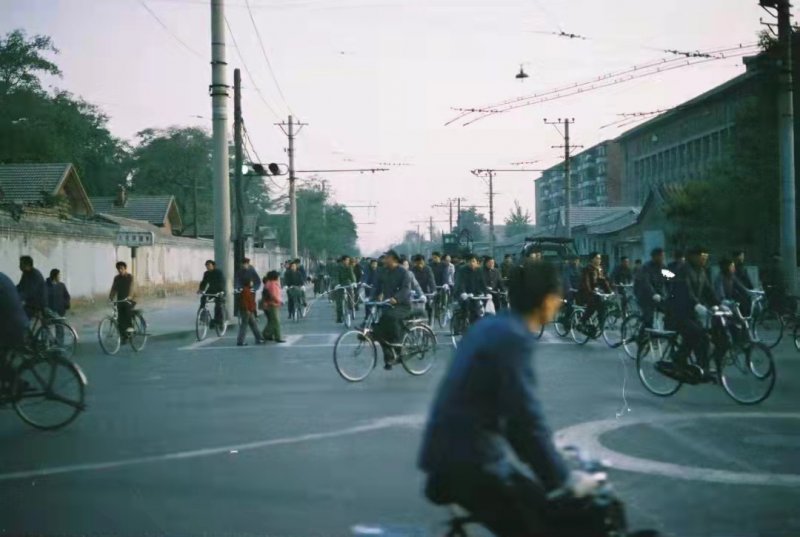
Did you imagine at that time that you’d still be here 40 years later?
Not in my wildest dreams, I never would have thought I would stay more than 30 years in Beijing, three years in Shanghai, and one year in Taipei.
Can you tell us about one of your quintessential first experiences in the city?
The shock of tasting real Chinese food for the first time on the train restaurant after we crossed the border from Mongolia. In Germany, I loved going to Chinese restaurants, yet the cooks were primarily from Southeast Asia.
I’m happy to say my taste buds were delighted by this first meal, and I found myself singing the praises of Sichuan and Hunan cuisine. I also developed a palate for more flavors, and it was fun to dine with Chinese friends. None had been abroad and there were no newspapers and certainly no internet 40 years ago, so their curiosity was sometimes overwhelming, but they were always humble and sensible young people. As I think back, I am so nostalgic remembering the China of old.

What’s changed the most since you first arrived?
Everything has. The infrastructure, cars everywhere, and so many people drinking coffee. Also, ladies have now moved from wearing only green and blue-clad dresses with just two hairstyle options, short for married women, braids for unmarried girls, to now some of the most fashionable in the world. But also, the Chinese became more materialistic and stressed, the pressure today on people’s lives is much more profound.
How do you think Beijing has changed you as a person?
Beijing has humbled me in many ways, especially in my work, with the speed of changes, and the unexpected demands as a manager working among workaholics. Also in my personal life, with all the expressions of appreciation and love that my kids always experienced in Beijing. I raised three boys here, and my adopted daughter from India was also with us for a while. My children were always treated kindly.
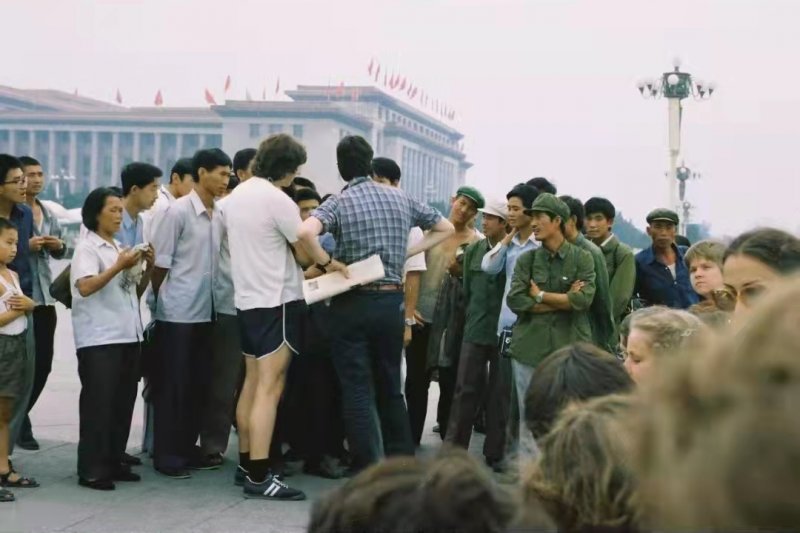
What are some of the main reasons why Beijing continues to be a draw for you to this day?
In 40 years in this city, I have never had a dull day. Never! I do love spending time in my slow-moving southwest German village, and who knows, I might retire there. Will I survive the slow pace? Not sure, especially since Beijing is so stimulating. But I am 63 now, and I noticed a stronger need for nature and calm. Maybe Beijing may not be where I retire, but I was privileged to spend most of my adult life in the capital of China, witnessing the largest economic comeback story in global history.
What are your three favorite places in the city?
I will tell you one magical place, Ritan Park, which has three enchanting things to do there.
1. Seeing old men swinging cages with birds.
2. Onlooking while people draw Chinese characters on the ground with water.
3. Watching Beijing opera being performed in the many corners of the park.
Do you have any hobbies?
I'm a big fan of jazz, and I like jazz for a few reasons. One is that it combines discipline and rhythm with individuality. With three small boys I don’t go watch live jazz much anymore but often listen to Charlie Parker, Keith Jarrett, and Billie Holiday at home. I find that A Bu stands out as one of the most promising pianists of the Chinese jazz scene.
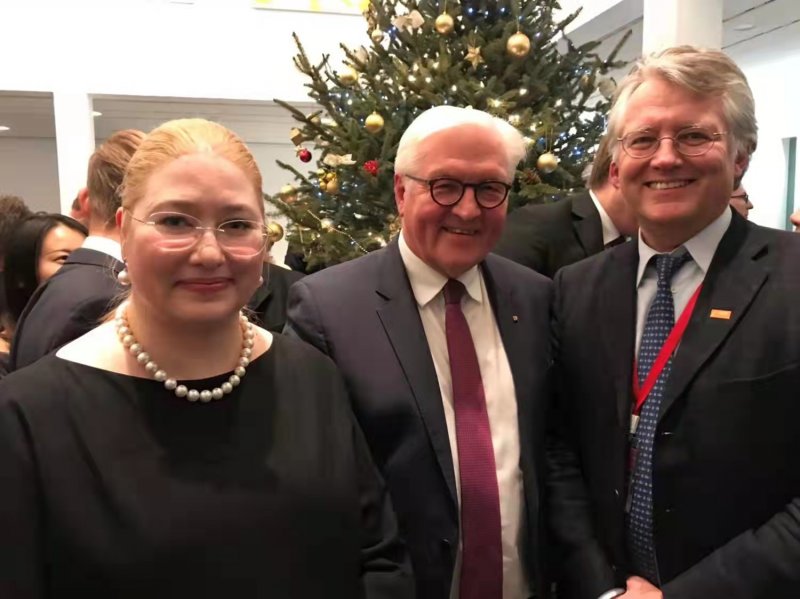
Are you still doing what you came here to do 20 years ago?
More or less, but with the wonderful spin on life that every day is different. I still head a major German chemical company in Beijing, but our economic footprint is very different from 2002. We are now building a US 10 billion plant in Guangdong, which is the single largest foreign investment in China. I also chair the EU Chamber which now has nine offices and 1,800 members; compared to early days after founding it in 2000 with 50 friends. I had so much luck in my time in China, and I experienced a rich life, which is also full of its low points, but for everything I am grateful
What’s one piece of advice you might have for relatively recent arrivals?
My advice would be to travel through the provinces, try to pick up some survival Chinese, and I must say; read about Chinese history, read about Chinese philosophy. I was hooked to the books of Jonathan Spence, Simon Leys, and Lucian Pye. And be exposed to as much of the history and philosophy as you can.
READ: 20 for 20: Early Years Educational Consultant & Music Enthusiast Michele Camargo
Images courtesy of Jeorg Wuttke